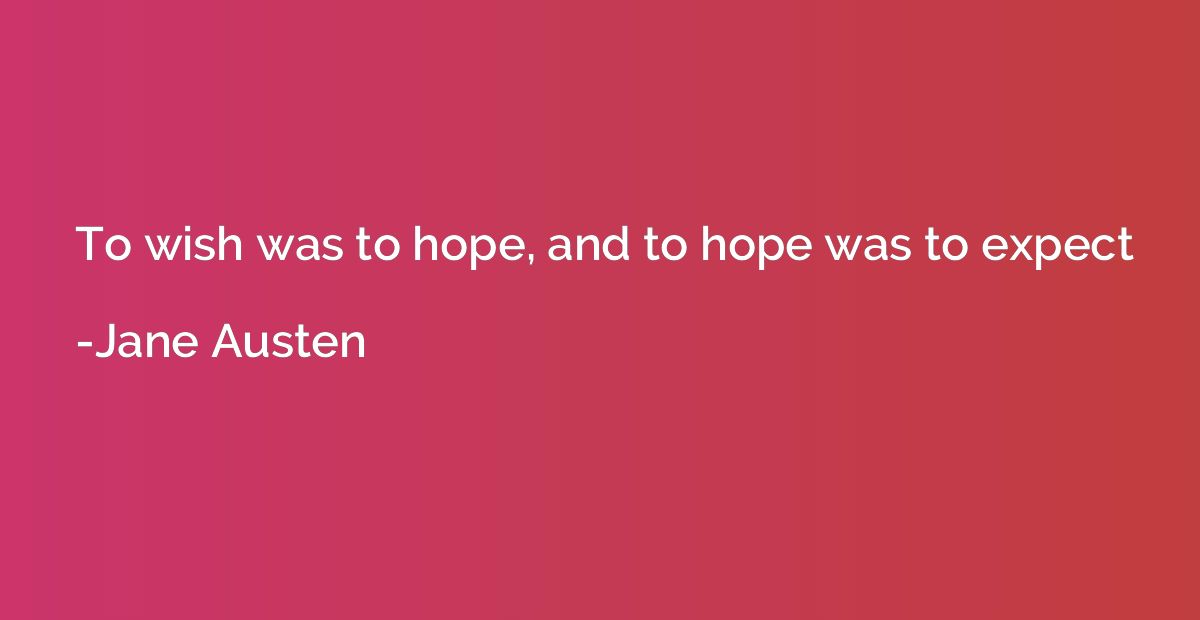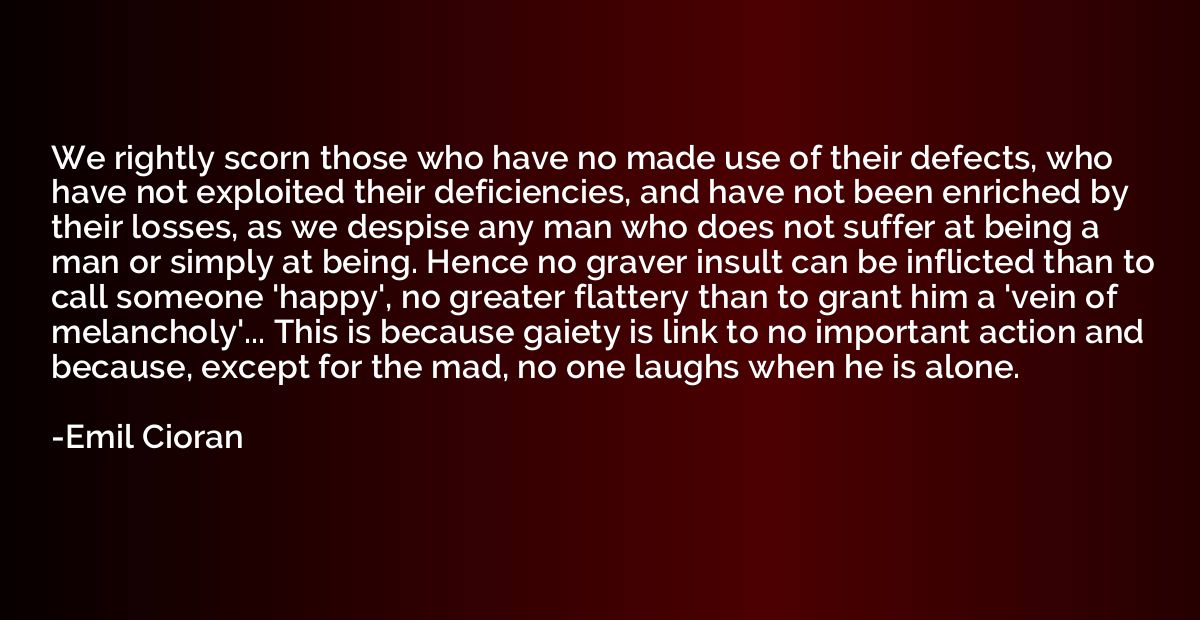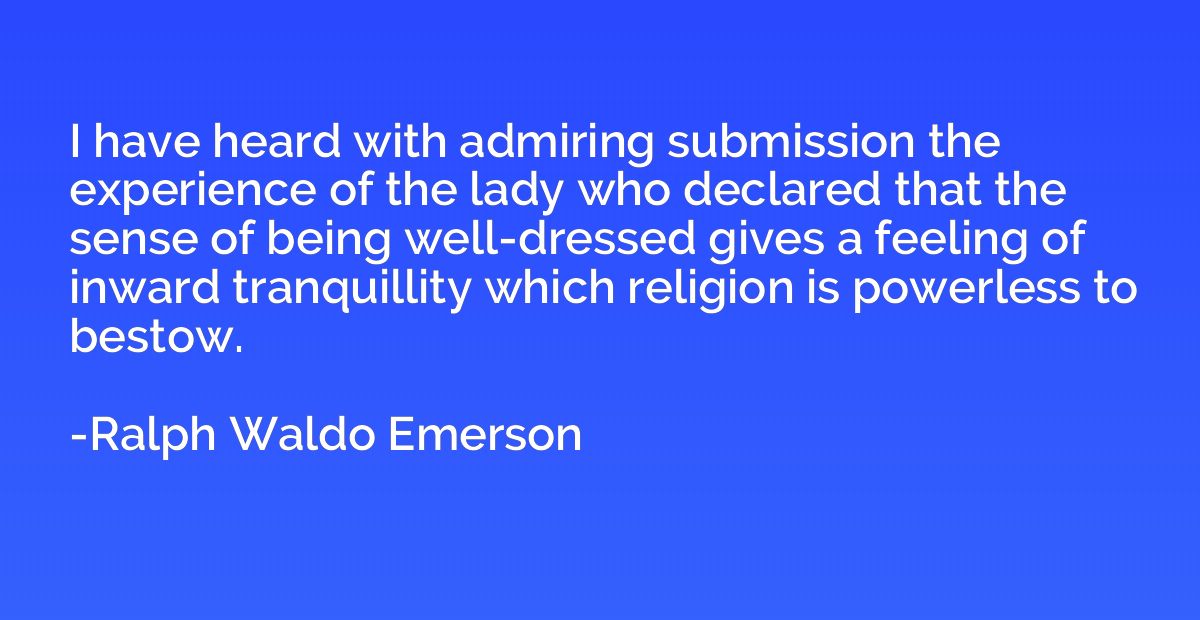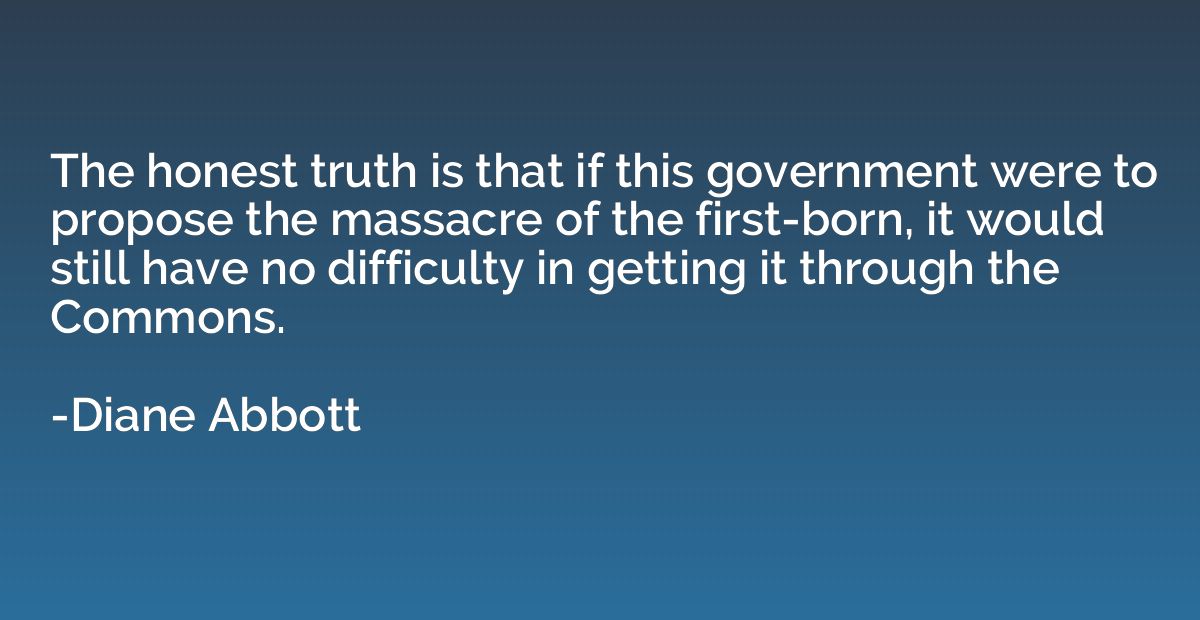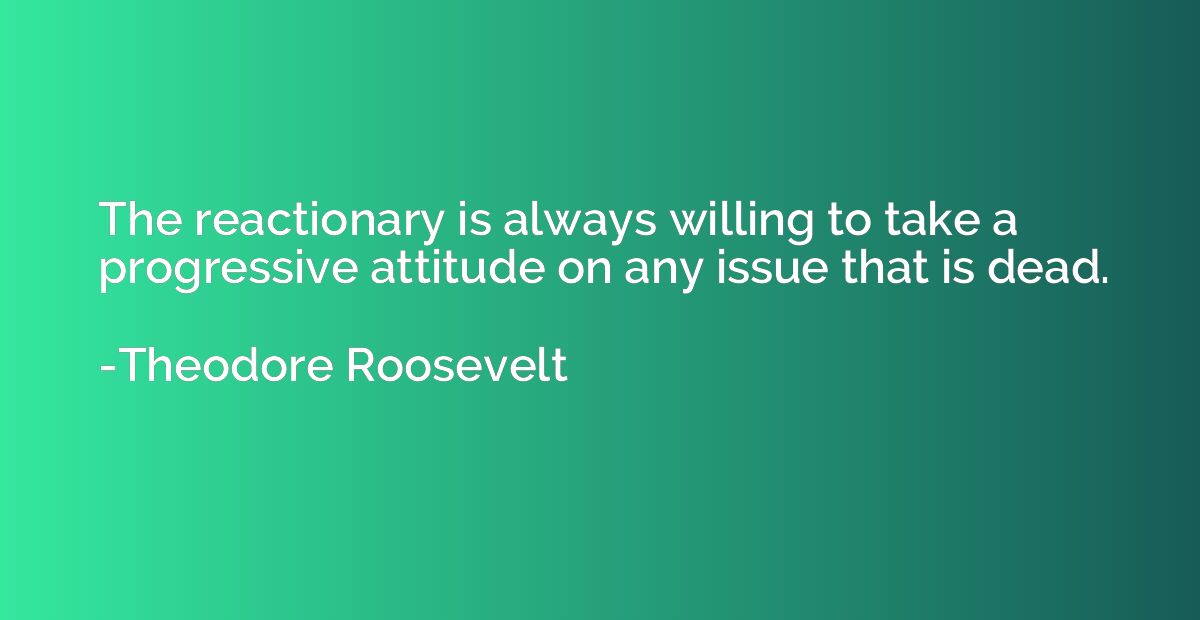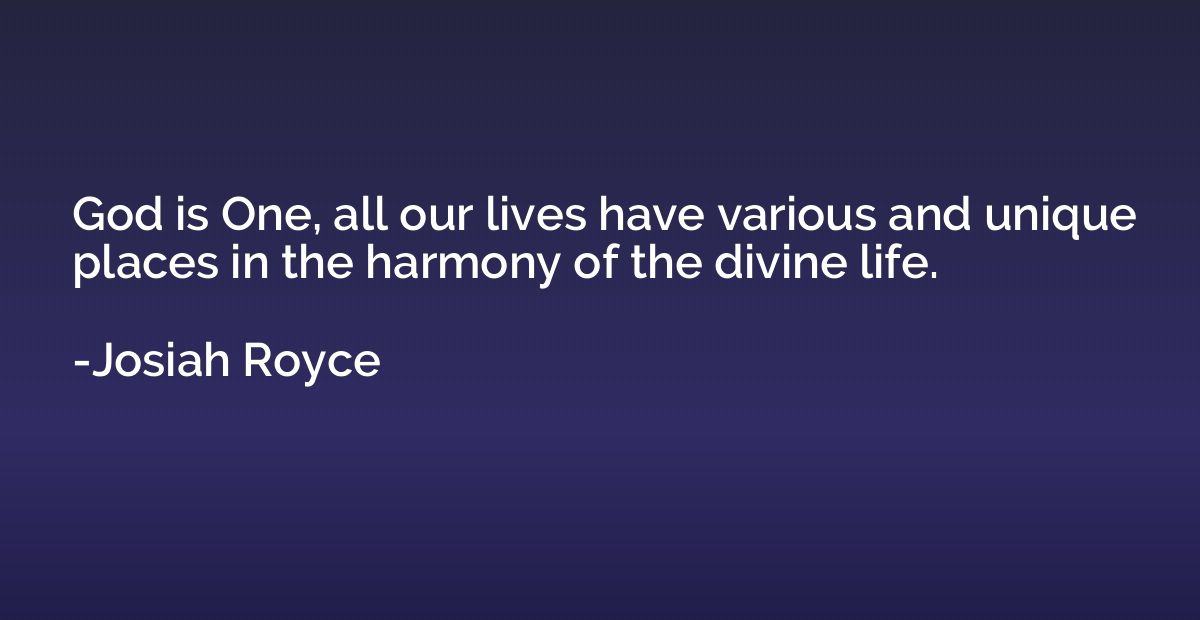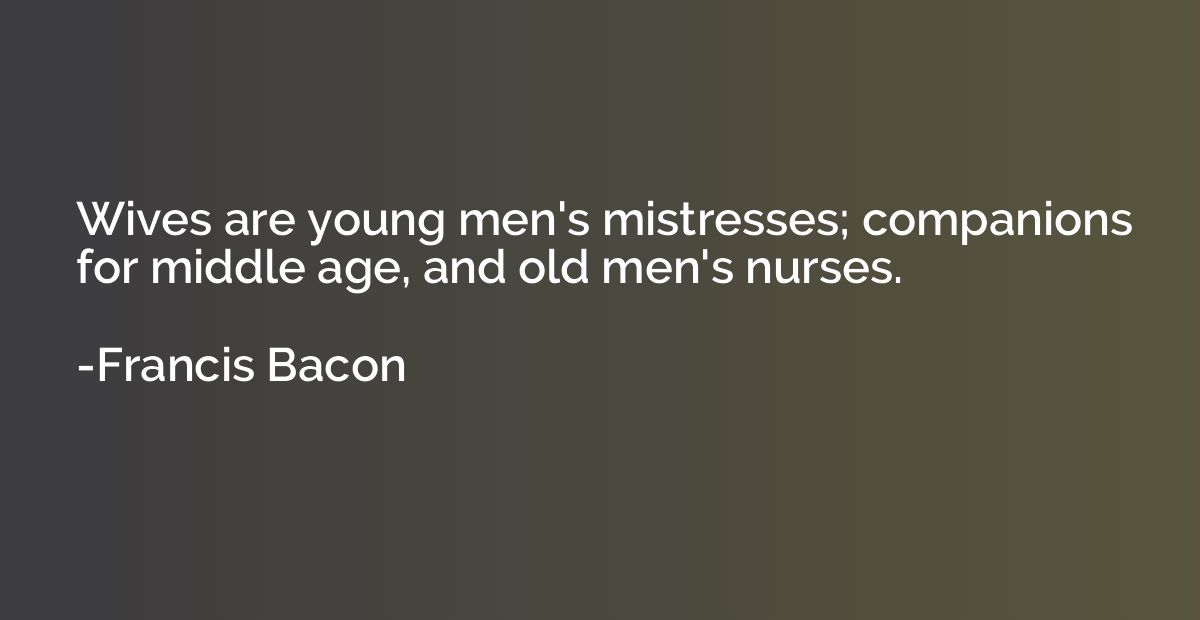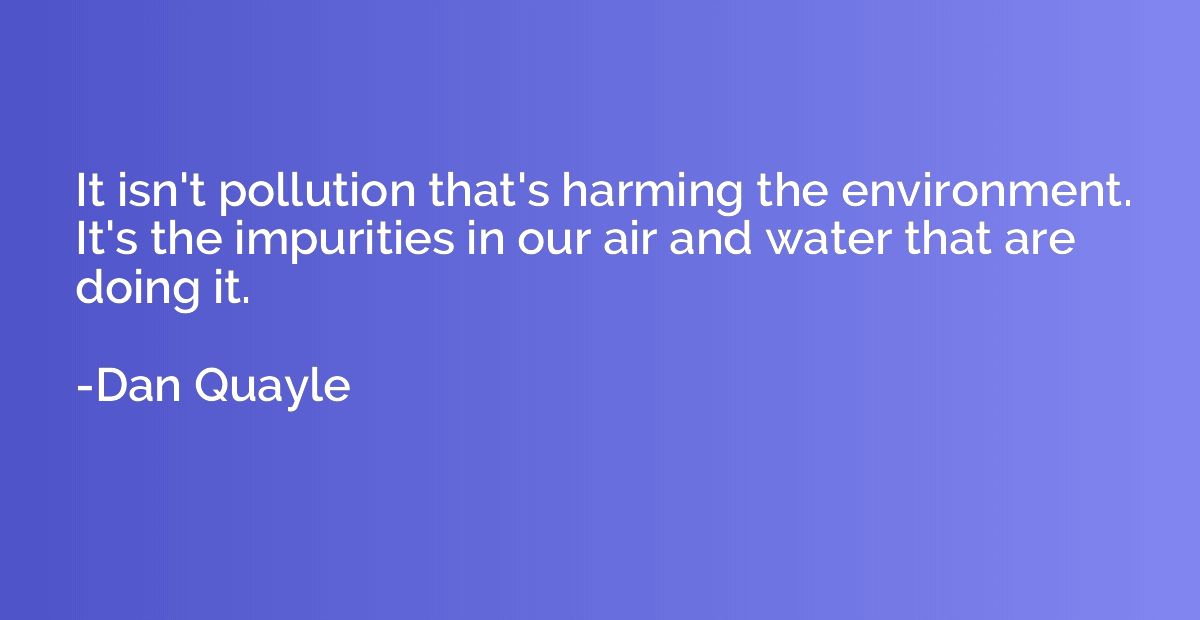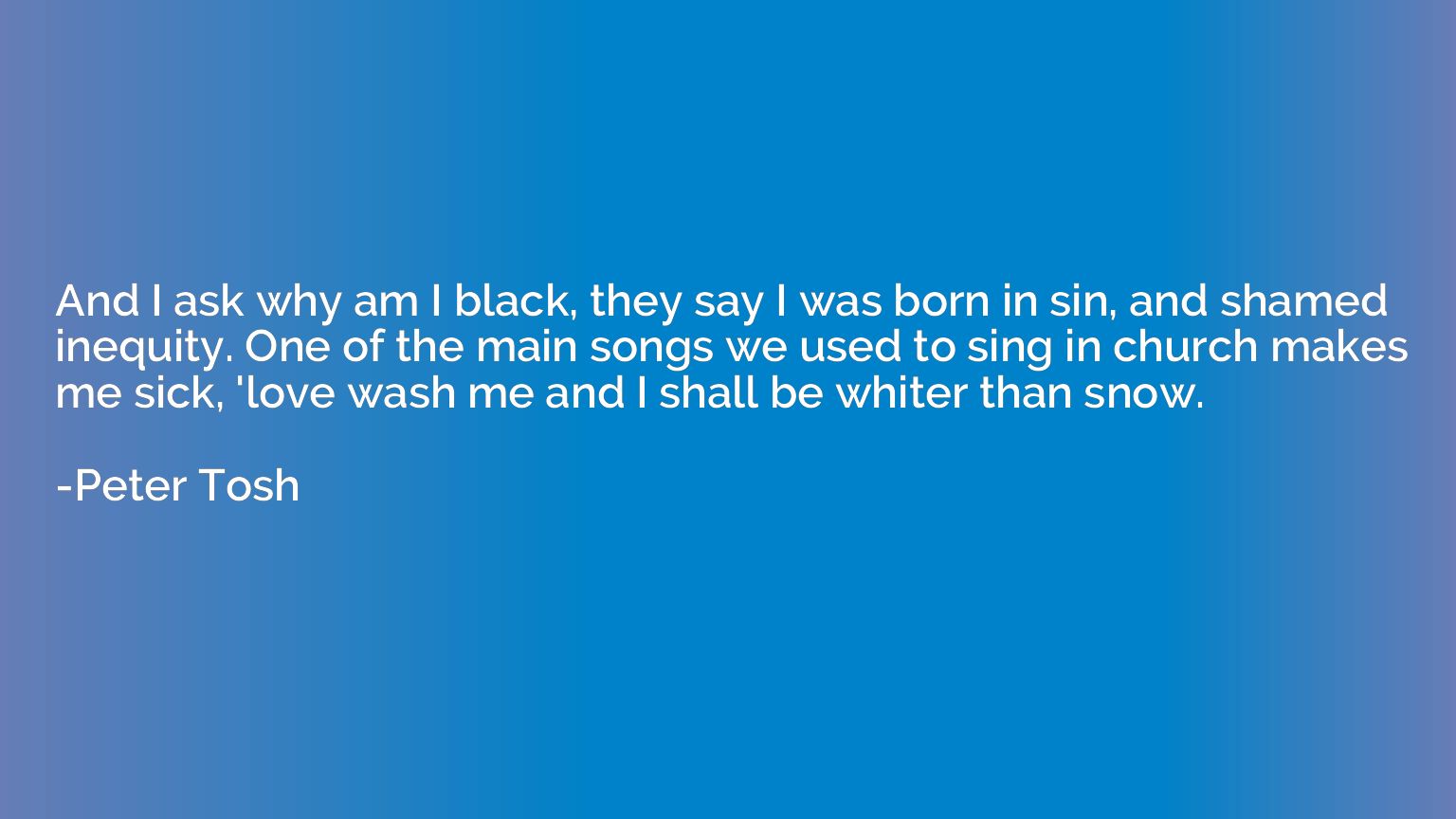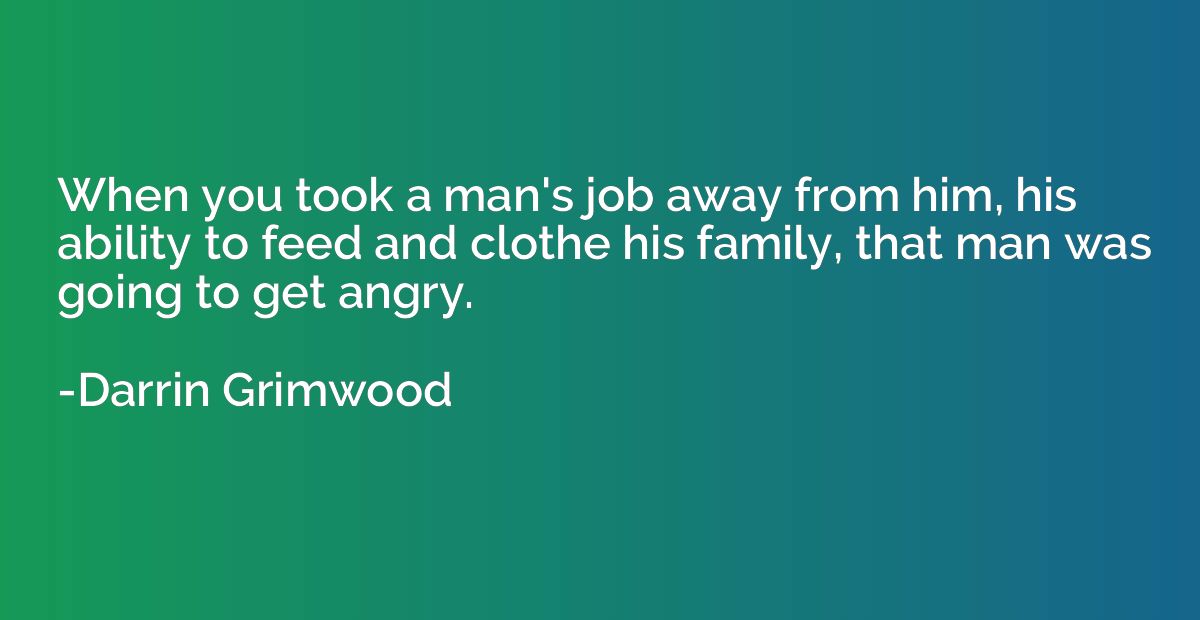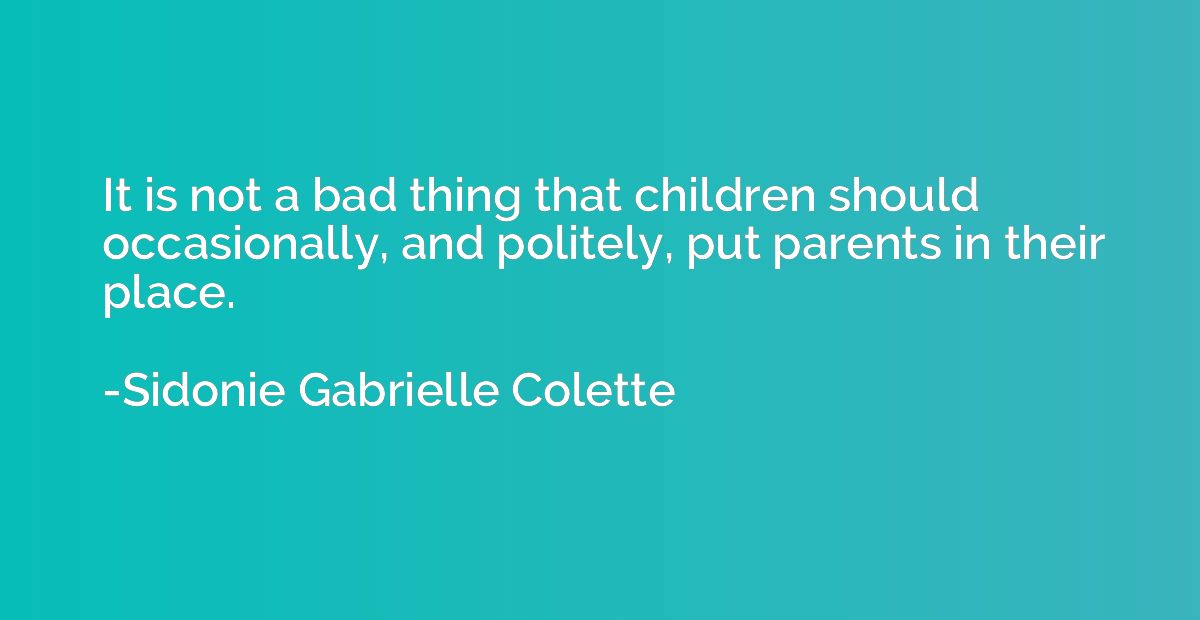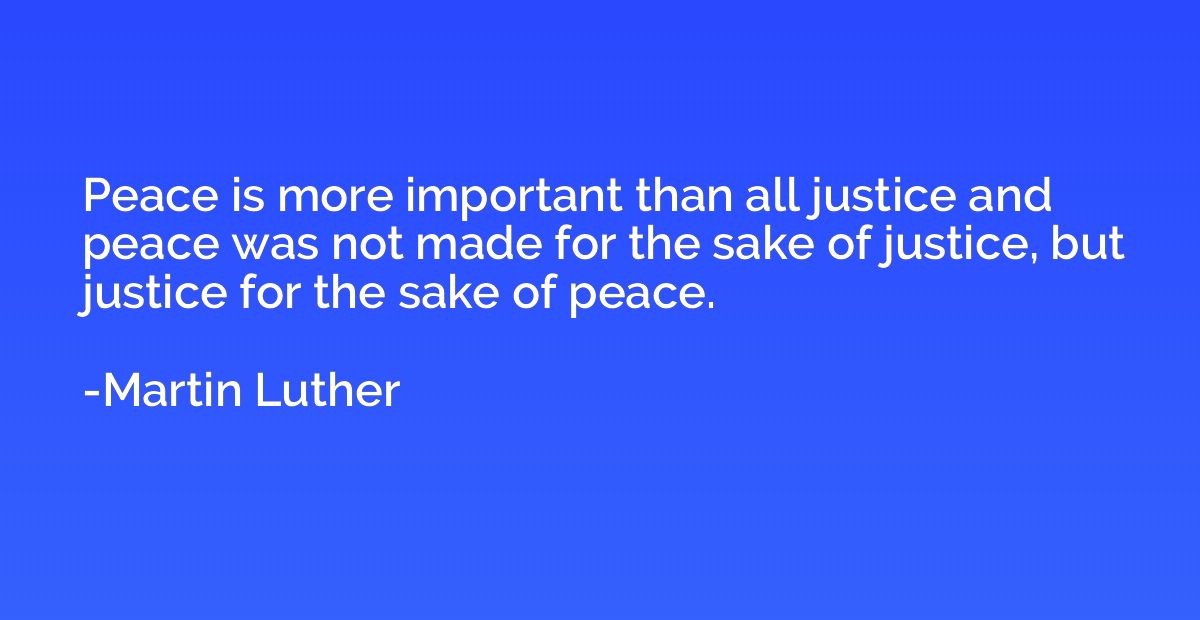Summary
This quote suggests that wishing and hoping are intertwined and ultimately lead to expectation. When we wish for something, it implies a desire or longing for it to come true. This desire then transforms into hope, an optimistic belief that the desired outcome is possible. As hope grows, it gradually transitions into expectation, as we start to believe, or even anticipate, that our wishes will be fulfilled. Thus, this quote emphasizes the progression from a simple wish to the stronger conviction of expectation, highlighting the human tendency to gradually develop hopes into anticipated outcomes.
By Jane Austen
